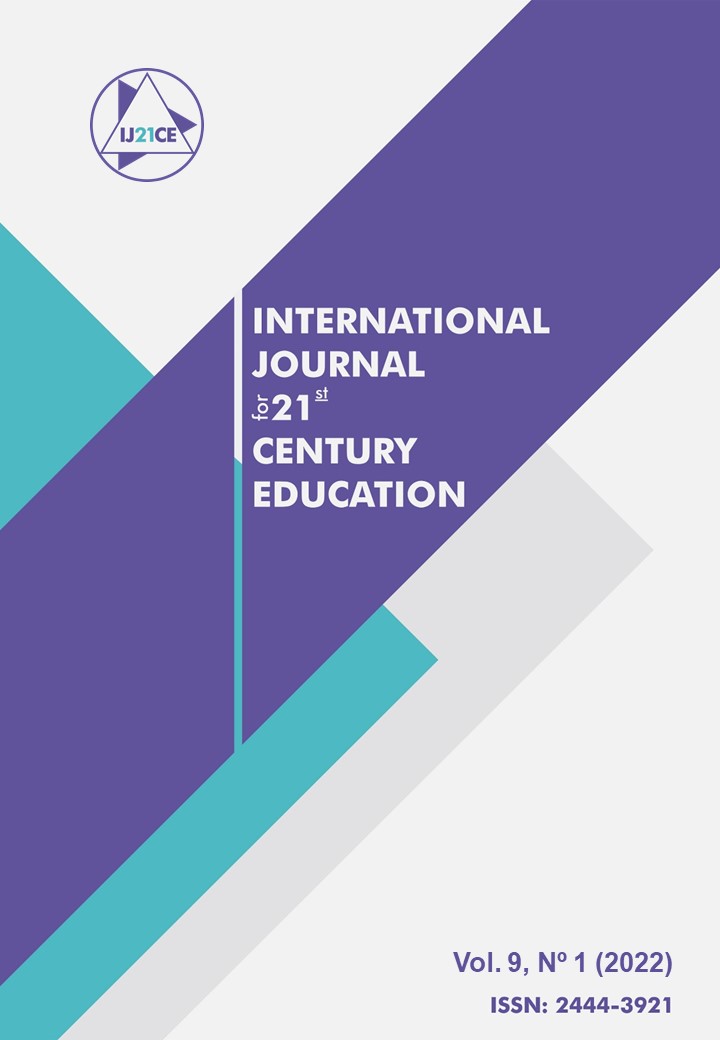THEATRICAL PEDAGOGY AS A DIDACTIC STRATEGY. THE ROLE OF WOMEN IN ROMAN SOCIETY
Main Article Content
Abstract
In the present work, a study is carried out on Roman women through theatre and its application as a didactic strategy. Theatre arrived in Rome in 240 B.C. after maintaining contact with Greek and Etruscan culture. From this literary source we are fortunate to have preserved entire comedies, making them works of great value for understanding the society of the time. One of the main playwrights was Plautus, who devoted himself to Palliata comedy and of whom we have preserved 21 comedies that leave no doubt as to his authorship. On the basis of this documentation, our main objective is to analyse the most prominent female figures in his comedies and to compare this literary source with epigraphic sources, which provide us with direct information about this society. Therefore, through these comedies and their interpretation, we will try to know and transmit what was the role of Roman women in their society: which are the most represented figures and what was the vision they had of them. In this way, the aim of this work is to show the didactic possibilities of theatre in the teaching of Roman history and, specifically, of women. Through this interpretation carried out by the students themselves, they will be able to become aware of the subject to be dealt with and become more sensitive to the women who formed part of Roman society, as, by working beyond a reading of the plays in the classroom, they will be able to reflect on whether they consider that women would be as they are shown in the comedies or whether, on the other hand, they could have a different role. In this way, they will be able to make an objective criticism of the sources and reflect on the importance they had in their society. In conclusion, we could say that thanks to the theatre and, specifically in this case, to Plautus' comedies, we can analyse the characteristics of the society of the time and, thanks to the epigraphic sources, we have the necessary information to get a more objective idea of the role they occupied in their society.

